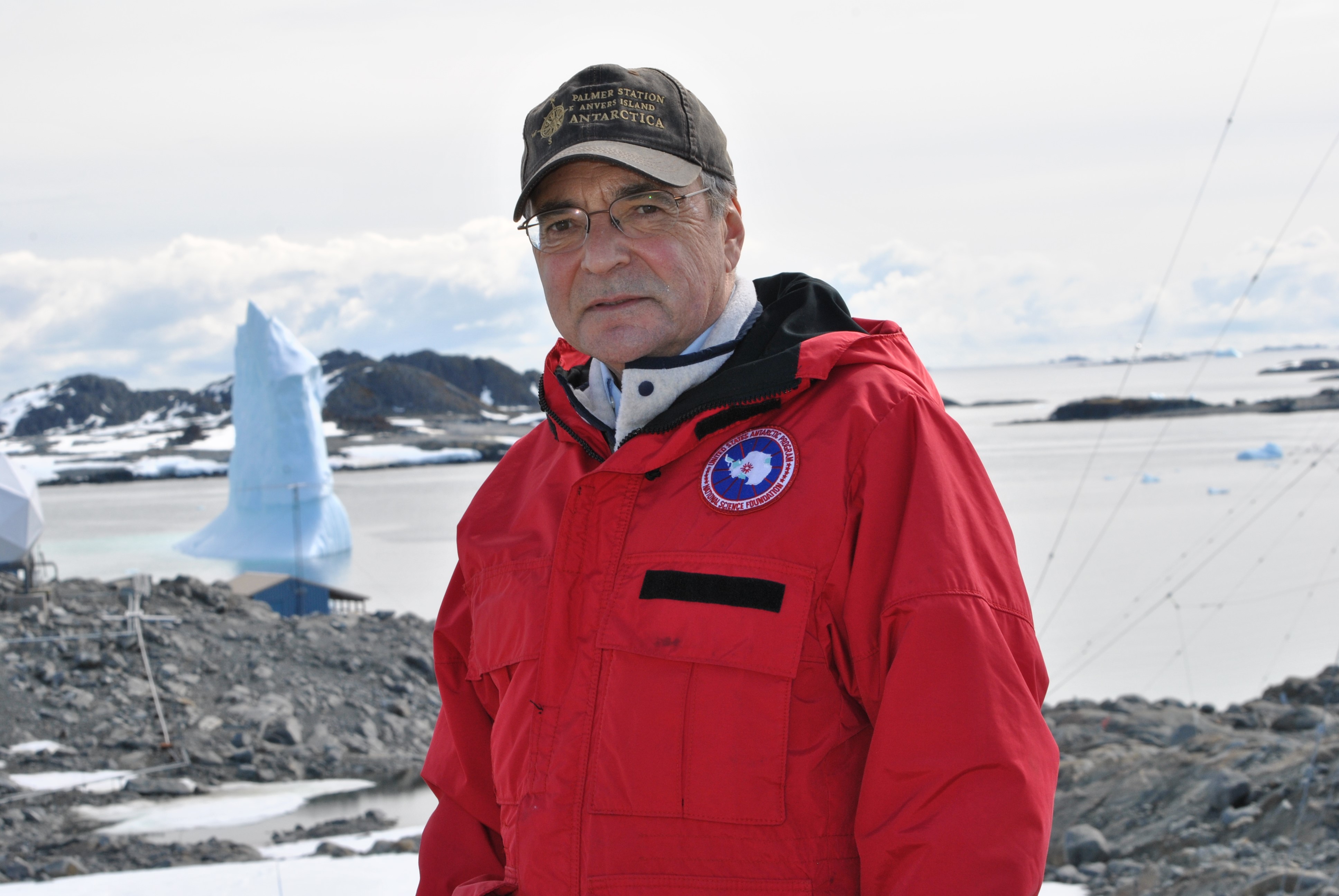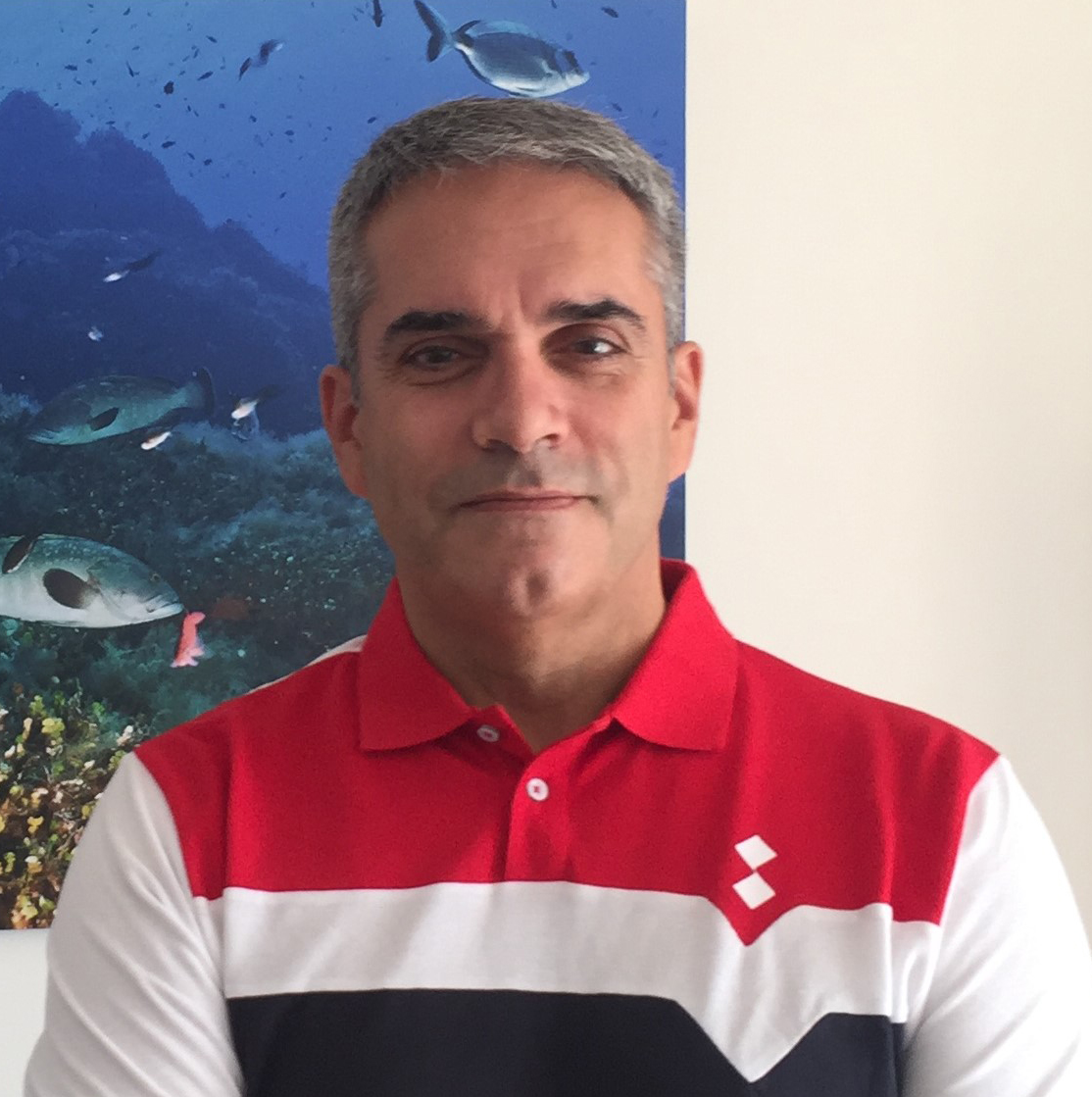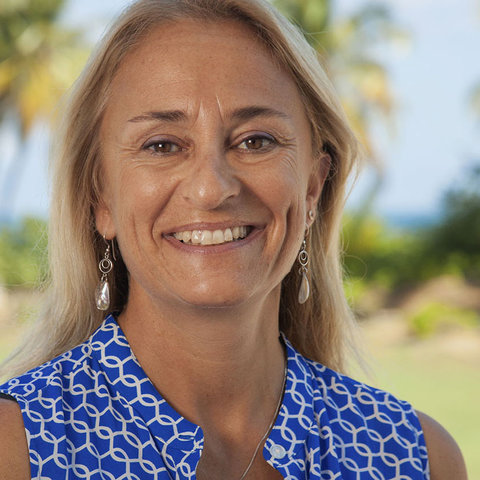 Education
Education Doctorate – International PhD (III Level)
Doctorate – International PhD (III Level) Closed Calls - Ph.D Program
Closed Calls - Ph.D Program ENGLISH
ENGLISH Pages
Pages
Pages
Publications 2024
Amato, A., Esposito, R., Federico, S., Pozzolini, M., Giovine, M., Bertolino, M., Guida, M., Manfra, L., Libralato, G., Zupo, V., et al. (2024). Marine sponges as promising candidates for integrated aquaculture combining biomass increase and bioremediation: an updated review. Frontiers in Marine Science 10. https://doi.org/10.3389/fmars.2023.1234225
Costantini M, Esposito R, Ruocco N, Caramiello D, Cordella A, Ventola GM, Zupo V. (2024) De Novo Assembly of the Genome of the Sea Urchin Paracentrotus lividus (Lamarck 1816). International Journal of Molecular Sciences, 25(3):1685. https://doi.org/10.3390/ijms25031685
Esposito, R., Federico, S., Sonnessa, M., Reddel, S., Bertolino, M., Ruocco, N., Zagami, G., Giovine, M., Pozzolini, M., Guida, M., Zupo V. and Costantini M. (2024). Characterizing the bacterial communities associated with Mediterranean sponges: a metataxonomic analysis. Frontiers in Microbiology 14.
13th Advanced Phytoplankton Course - APC13 Identification, Taxonomy, Systematics
NEW DEADLINE - January 15, 2024
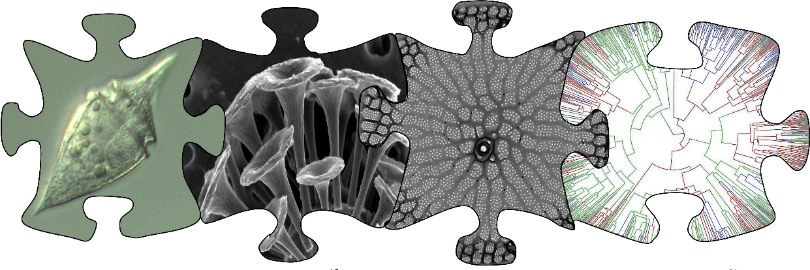
13th Advanced Phytoplankton Course - APC13
Identification, Taxonomy, Systematics
Stazione Zoologica Anton Dohrn, Naples, Italy, 6-26 October 2024
LIFE TURTLENEST - Caretta caretta* nesting range expansion under climate warming: urgent actions to mitigate threats at emerging nesting sites in the Western Mediterranean
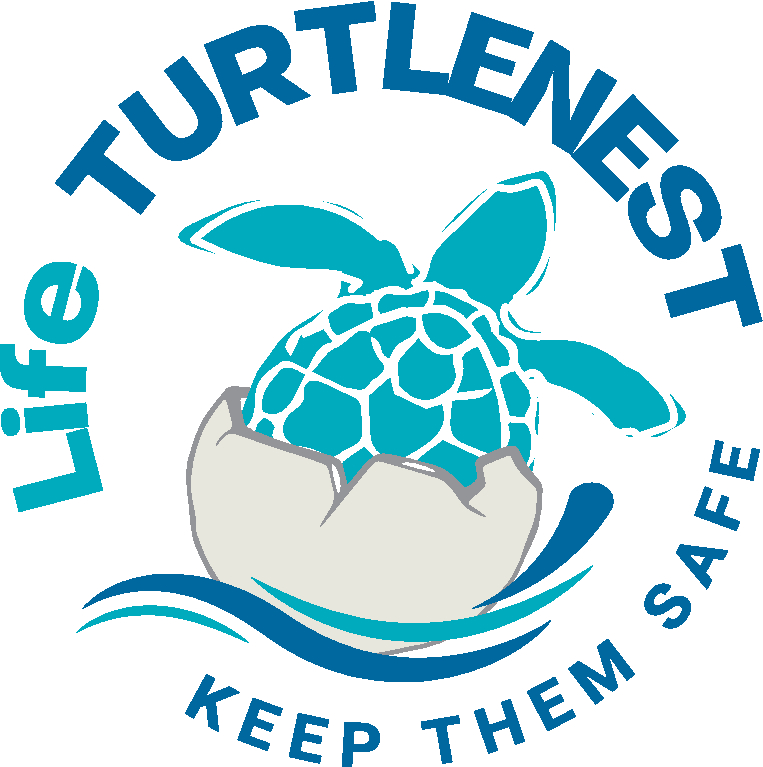 |
 |
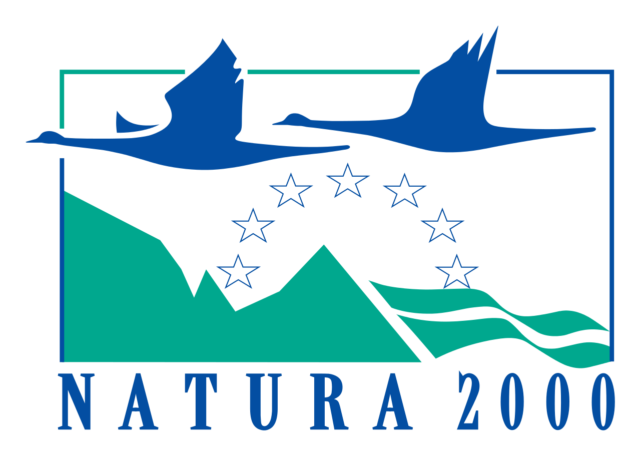 |
Project acronym and number
LIFE21-NAT-IT-LIFE TURTLENEST/101074584
Project duration
9th January 2023 – 8th April 2028
Project Area
Italy, France, Spain
Project website
www.legambiente.it/progetti/lifeturtlenest/
Project summary
Loggerhead turtles are expanding their nesting range into the Western Mediterranean, where beaches are becoming suitable through climate warming. However, the emerging nesting sites are threatened by coastal development and high tourist pressure. LIFE TURTLENEST, co-financed by the European Union’s LIFE programme and coordinated by Legambiente, unites Italy, Spain and France to mitigate these threats through knowledge based conservation measures with the aim to protect new nesting habitats and foster successful sea turtle reproduction.
Through a multi-disciplinary approach LIFE TURTLENEST will improve the conservation status of Caretta caretta*, a priority species of the Habitats Directive, aided by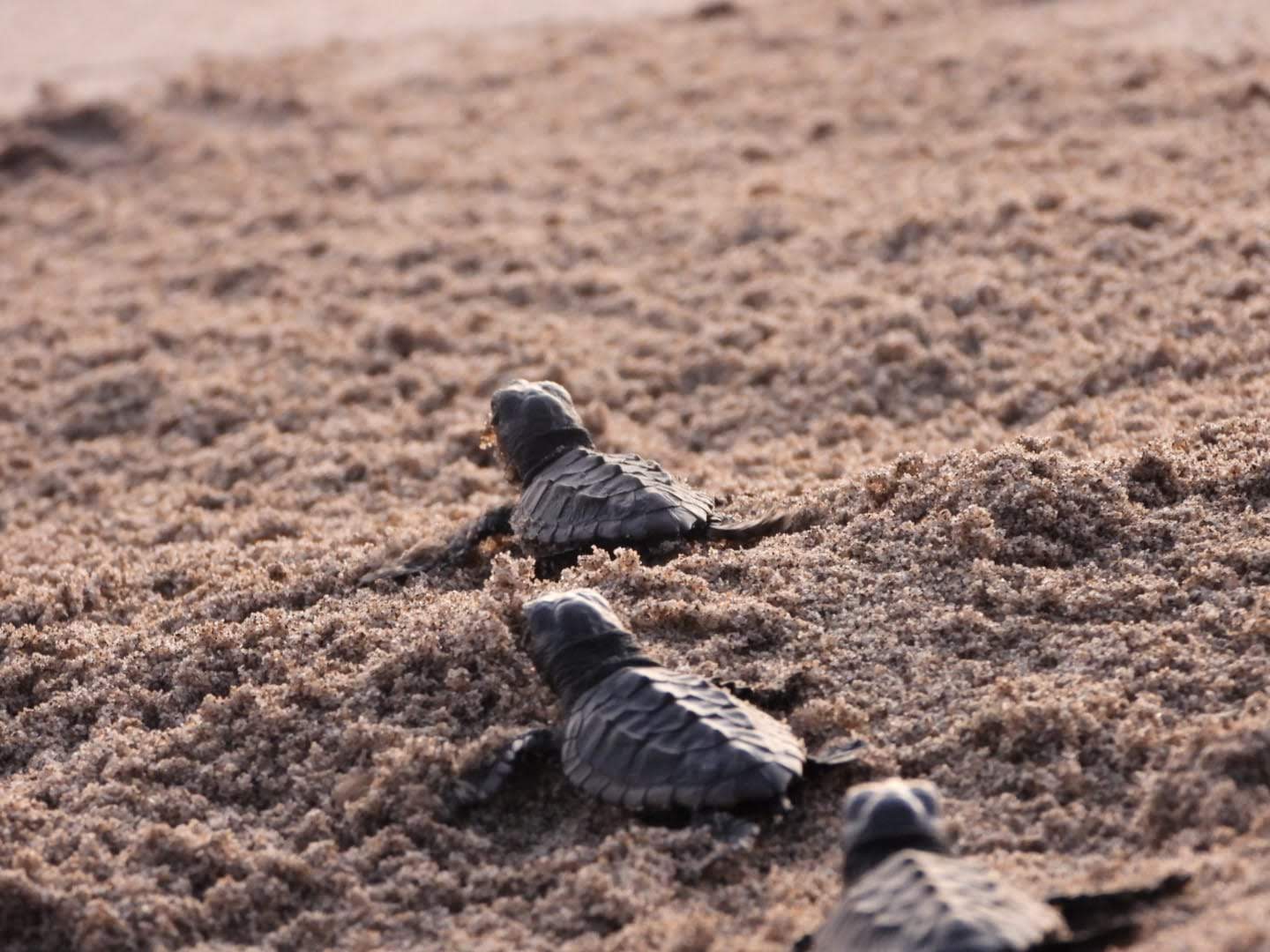
- the establishment of an international network,
- the use of shared best-practice procedures specifically revised to mitigate the threats on emerging nesting sites,
- the capacity building of trained field operators,
- the identification of new index sites for monitoring, and
- the strengthening of the Natura 2000 network.
The intention is to consolidate these outcomes to sustain the conservation of sea turtle nesting in the Western Mediterranean after the end of the project. Another important part of the actions is dedicated to multiscale awareness campaigns for citizens and stakeholders that use the beaches to achieve an increase in the knowledge of the presence of turtle nests and the social consensus towards policies for the protection of turtle nesting habitats. Engagement and training programmes, especially tailored to educate and engage beach operators and volunteers will increase the detection rate of sea turtle nests that can be adequately protected.
To aid informed conservation, LIFE TURTLENEST will employ
- nex-gen genomic techniques,
- state-of-the- art satellite telemetry and
- stable isotope analysis
to fill knowledge gaps in the origin of turtles, key demographic parameters and habitat connectivity. Finally, a specifically developed habitat suitability model will be a tool to guide proactive conservation management of new nest sites under current and future climatic scenarios.
SZN role
SZN is the scientific manager of the LIFE TURTLENEST project and thus responsible for the correct execution and monitoring of the conservation actions. The SZN Marine Turtle Research Group of the Department of Marine Animal Conservation and Public Engagement, has been studying turtles for over 20 yrs aiming to shed light on still cryptic aspects of sea turtle biology to foster informed conservation management. Since 2002, the year in which the first loggerhead turtle nest was found in the Campania Region, the MTRG has been monitoring all nesting events in the region which now hosts >50 nests per year, constituting 35% of all new emerging nests sites in the Western Mediterranean.
In particular, SZN is lead partner of these specific conservation actions:
- Beach patrolling of most used/high suitability areas to identify loggerhead turtle nests
- Nest and hatchling monitoring and protection
- Ex situ conservation interventions. Loggerhead turtle nursery and yearling tracking
- Pilot interventions to reduce anthropic impacts at new regular nesting sites
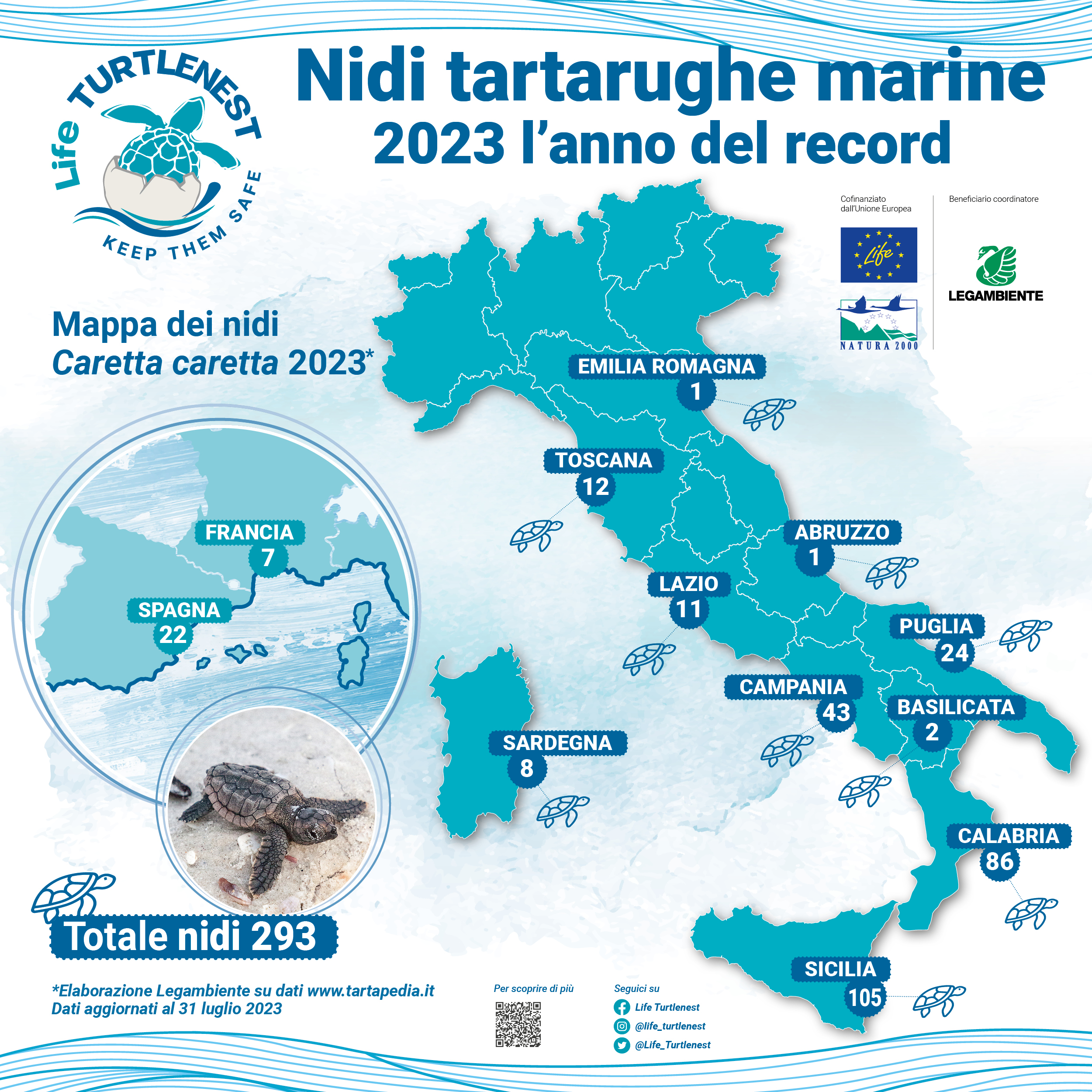 Partner List
Partner List
- Legambiente Onlus (IT)
- Stazione Zoologica Anton Dohrn (IT)
- ISPRA (IT)
- Università di Roma La Sapienza (IT)
- Ente Nazionale della Cinofilia Italiana (IT)
- Regione Campania (IT)
- Regione Lazio (IT)
- Regione Basilicata (IT)
- Regione Puglia (IT)
- Agenzia Regionale per la Protezione Ambientale della Toscana (IT)
- Universitat de Barcelona (ES)
- Fundació Universitària Balmes (ES)
- Cestmed (FR)
Calabria Marine Centre - CRIMAC
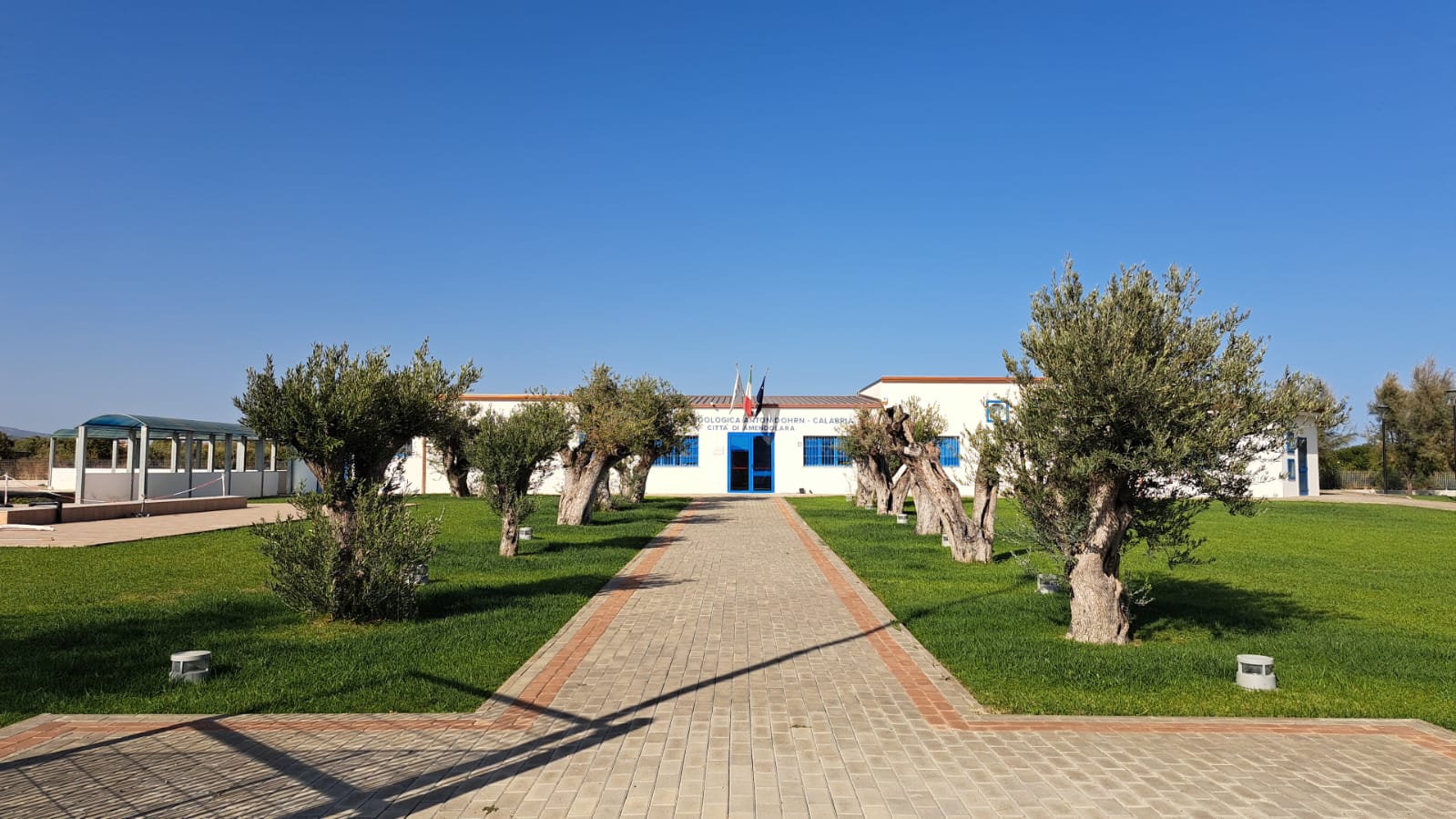 La Sede Calabria (Calabria Marine Centre-CRIMAC) è un centro interdipartimentale, che nasce con l’obiettivo di realizzare sul versante ionico della Regione Calabria un polo di eccellenza a livello europeo per la ricerca marina e la gestione di infrastrutture dedicate allo studio della biologia ed ecologia degli organismi e alla crescita blu eco-sostenibile. CRIMAC ha lo scopo di valorizzare attraverso un approccio ecosistemico integrato gli studi finalizzati all'uso sostenibile delle risorse per la conservazione e la tutela degli habitat e della biodiversità, realizzare azioni di gestione integrata della fascia costiera per la crescita e la rivalutazione del tessuto territoriale, anche sotto l'aspetto della sostenibilità turistica e intervenire attraverso la ricerca e l'innovazione tecnologica sullo studio e mitigazione degli impatti
La Sede Calabria (Calabria Marine Centre-CRIMAC) è un centro interdipartimentale, che nasce con l’obiettivo di realizzare sul versante ionico della Regione Calabria un polo di eccellenza a livello europeo per la ricerca marina e la gestione di infrastrutture dedicate allo studio della biologia ed ecologia degli organismi e alla crescita blu eco-sostenibile. CRIMAC ha lo scopo di valorizzare attraverso un approccio ecosistemico integrato gli studi finalizzati all'uso sostenibile delle risorse per la conservazione e la tutela degli habitat e della biodiversità, realizzare azioni di gestione integrata della fascia costiera per la crescita e la rivalutazione del tessuto territoriale, anche sotto l'aspetto della sostenibilità turistica e intervenire attraverso la ricerca e l'innovazione tecnologica sullo studio e mitigazione degli impatti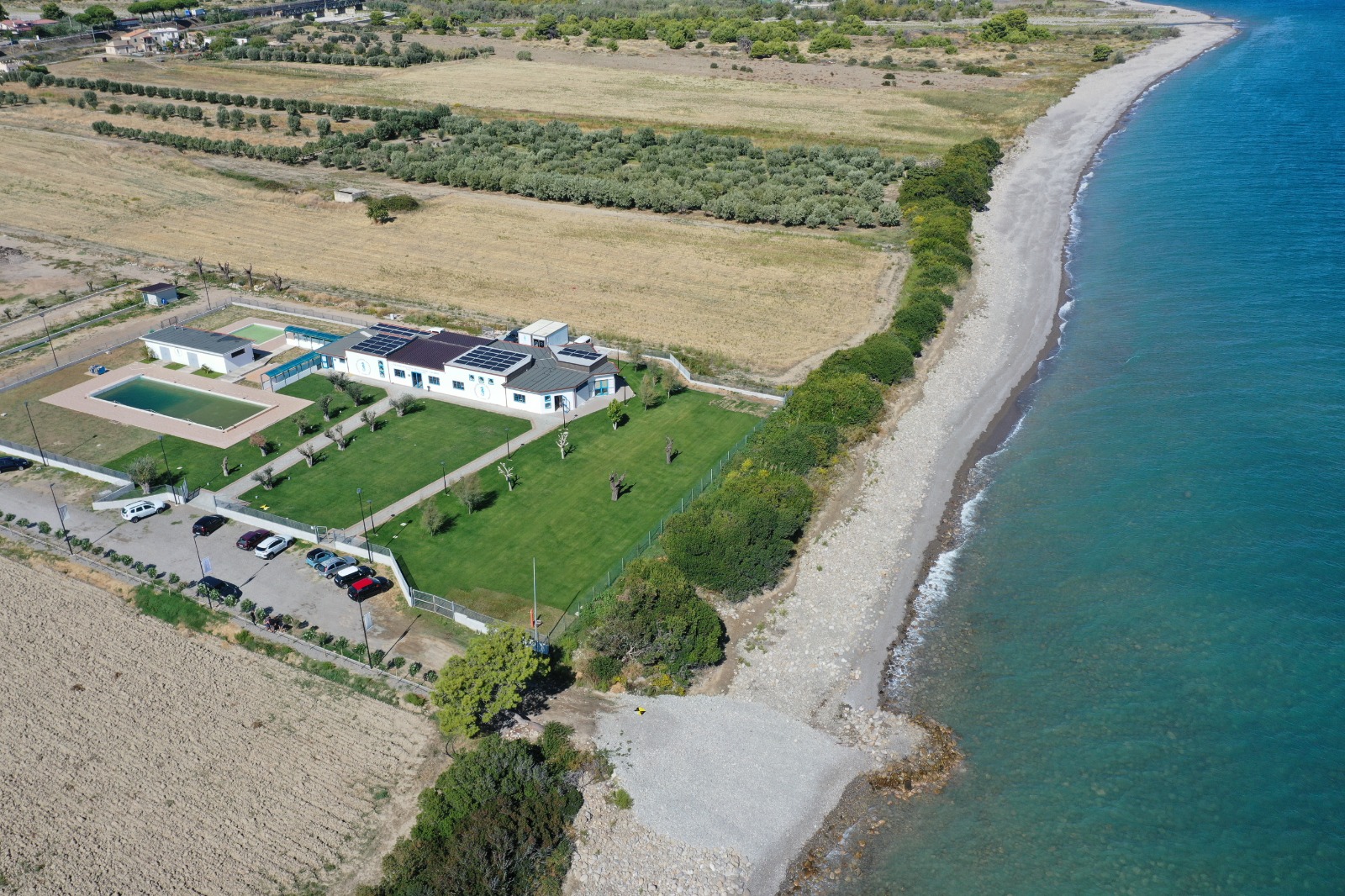 derivanti dalle attività antropiche del territorio.
derivanti dalle attività antropiche del territorio.
Le principali linee di ricerca sono:
• Potenziamento delle infrastrutture per il monitoraggio ambientale marino e per le ricerche in ambienti profondi;
• Valorizzazione della biodiversità e conservazione degli habitat marini per promuovere lo sviluppo di aree protette e la qualità dell’ambiente marino;
• Gestione integrata della fascia costiera per promuovere il turismo blu e le attività turistico-balneari.
Calabria Marine Centre - CRIMAC
Address: Contrada Torre Spaccata, Località Torre Spaccata, 87071 Amendolara (CS) – Italia
Sito Web: www.crimacszn.com
| Seat Director Teresa Romeo |
Calabria Marine Centre è organizzato in 3 aree funzionali
1. Biodiversità e Biotecnologie |
Personnel
Director
Admministration
Researcher
Valentina Costa
Christian Galasso
Chiara Pennesi
Daniela Pica
Nadia Ruocco
Claudia Scianna
Technologist
Rosario Balestrieri
Lucia Barra
Paolo D’Ambrosio
Chiara Giommi
Veronica Scutari
Salvatore Urso
Technician
Gabriele Marino
Roberto Firmamento
Research Fellowship
Scholarship
Davide Bonsignori
Lorenzo Evola
Marika Luci
Giulia Lucido
Asia Paone
Maria Eugenia Samà
Lucrezia Spagoni
PhD student
Archive
2023
BENTACS - BENthos TAxonomy CourseS - TAXONOMY OF DECAPODS - 13-17 November 2023
EMHOC - Electron Microscopy Hands-On Course: sample preparation and imaging of marine environmental samples - 6-8 November 2023
First International Summer School on Extreme Environments: from Ecology to Biotechnology (ISSEE) - 18-21 Settembre 2023
Studio e monitoraggio delle praterie di Posidonia oceanica - 4 - 8 Settembre 2023
“International Summer School of Natural Products” (ISSNP) - 2th – 7th July, 2023
2022
BENTACS - BENthos TAxonomy CourseS - TAXONOMY OF POLYCHAETES - 24-28 October 2022
ISSSB-International Summer School on Systems Biology, The Systems Biology approach to discover marine life: from a big eye to a microscopic picture - 10-14 October 2022
Ecology and Functioning of seagrasses ecosystem of Salina (Aeolian Islands) - 28 Settembre - 3 Ottobre 2022
International Summer School of Blue Biotechnology (ISSBB) - 21-23 settembre 2022
International Summer School in Marine Ecotoxicology - 12-16 settembre 2022
Seventeenth Ischia Summer School on the History of the Life Sciences - Ischia 2022: Living Relations - 26 June – 3 July 2022
The Evolution of Enzymes and Metabolic Pathways: analysis, understanding and implications for biotechnology - June 28-30 2022
2021
Ecologia e funzionamento degli ecosistemi a fanerogame marine nell’Isola di Salina (Isole Eolie): 1o stage di biologia marina e subacquea scientifica - Salina, 6-11 ottobre 2021
4th edition of the “International Summer School of Natural Products” (ISSNP) - 6th – 8th July 2021
Summer School Schmid Training Course Established and Emerging Model Organisms for Marine Science - 24th May - 4th June 2021
2019
Summer School “Protein Evolution” - 24-26 luglio 2019
International Summer School of Natural Products (ISSNP) - 1-5 luglio 2019
1st International Summer School on Marine Ecotoxicology (SSME1) - 1-5 luglio 2019
2017
International Summer School of Natural Products (ISSNP) - 3-7 luglio 2017
2015
Fourteenth Ischia Summer School on the History of the Life Sciences - Ischia 2015: Geographies of Life - 27 June – 3 luglio 2015
International Summer School of Natural Products (ISSNP) - 6-10 luglio 2015
EMHOC - Electron Microscopy Hands-On Course: sample preparation and imaging of marine environmental samples
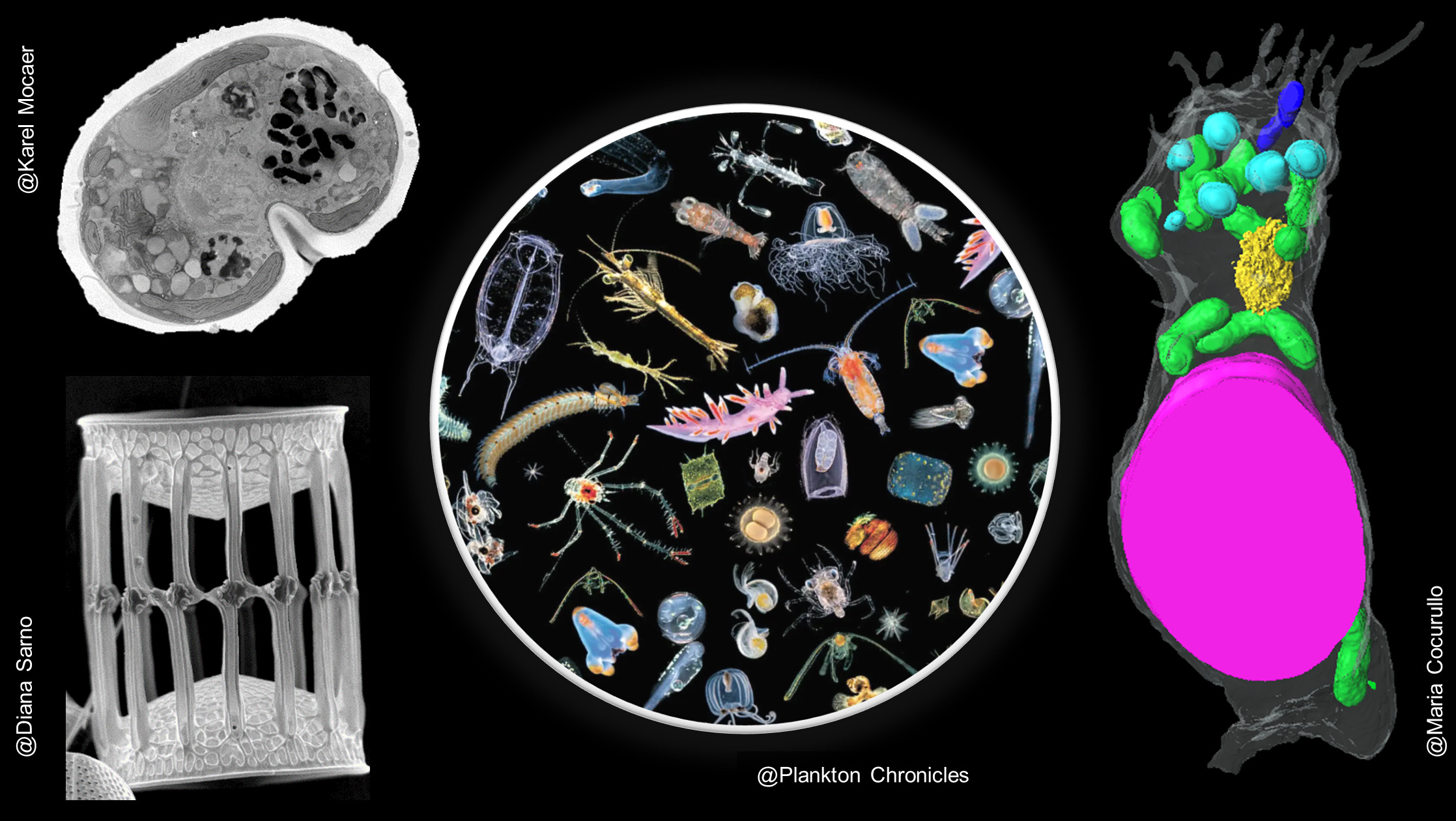
NEW Program
The Electron Microscopy Hands-On Course: sample preparation and imaging of marine environmental samples arises from a very strong and active collaboration between the Stazione Zoologica Anton Dohrn and the EMBL in Heidelberg.
The aim of the course is to provide a theoretical and practical training on electron microscopy starting from the basics to the preparation of samples with high pressure freezing and image acquisition using TEM and SEM.
The course will also include lectures on advanced and recently developed technologies as volume electron microscopy and correlative light-electron microscopy.
The course will be held at the Stazione Zoologica Anton Dohrn in Naples on 6-8 November 2023 and will target in particular researchers and technicians from scientific institutions interested in the field of electron microscopy. No documented experience in electron microscopy is required.
Theoretical lessons
Sample preparation for EM – Chemical fixations
Sample preparation for EM - High pressure Freezing- Freeze substitution
Image formation in TEM and SEM
Use of SEM and TEM in Taxonomy of Marine Organisms
Practical lessons
Sample preparation for SEM: sample sorting, fixation, dehydration, critical point drying, sputtering
High pressure Freezing
Ultramicrotomy
Observation at TEM
Observation at SEM
Lectures
Immunolabeling
Correlative Light Electron Microscopy
Volume Electron Microscopy
Teachers
Giovanna Benvenuto, SZN
Fabio Formiggini, IIT Napoli, SZN
Frédéric Leroux, Leica Microsystems
Paolo Ronchi, EMBL, Heidelberg
Diana Sarno, SZN
Lecturers
Raman Parashuraman, Euro-Bioimaging, Napoli
Roman Polishchuck, TIGEM, Napoli, Italy (to be confirmed)
Paolo Ronchi, EMBL, Heidelberg
Luigia Santella, SZN
Keynote lecturer
Detlev Arendt, EMBL, Heidelberg
Teaching assistants
Filomena Caccavale, Maria Cocurullo, Rita Graziano, Franco Iamunno, Isabella Percopo, Lorenza Rusciano, Eleonora Scalco (SZN), Marinella Pirozzi (CNR)
IMPORTANT INFORMATION
Application deadline September, 8th
Accepted participants will be notified by September, 15th
Registration and payment are due by September, 30th
Fee: 200 euro per person (coffee breaks, lunches, and social dinner included)
The course will be open to 14 participants. Preference will be given to strongly motivated applicants.
ORGANIZERS: Giovanna Benvenuto and Paolo Ronchi
Contact: This email address is being protected from spambots. You need JavaScript enabled to view it.
Follow us #EMHOC2023
First International Summer School on Extreme Environments: from Ecology to Biotechnology (ISSEE)
Location: Sicily Marine Centre, Stazione Zoologica Anton Dohrn, Messina (Italy)
The ISSEE Summer School will take place in 2023, from September 18 th to 21st, at the Sicily Marine Centre, Stazione Zoologica Anton Dohrn, Messina. The school is open to PhD students and early career researchers working in the fields of marine ecology and biotechnology. The course will be focused on multidisciplinary aspects involving the study of extreme environments, combining pure ecological issues related to adaptations and diversity of marine organisms (from microbes to marine invertebrates and vertebrates) and the exploration of such peculiar environments as sources for biotechnological purposes. In each day, the school will take care to deal with ecological and biotechnological themes, and the relationships between them. The summer school is a unique occasion to enhance cross-disciplinal collaboration, to improve skills and expertise on the knowledge of extreme ecosystems in taxonomy, high molecular approaches, bioprospecting. Professors and researchers will give lectures about their own research, and will share their experience with the students during group discussion sessions. Practical sessions are envisaged, i.e. observation of mesopelagic species, taxonomy, laboratory experience for the treatment of samples for biotechnological purposes (production of bioactive compounds) and observation of the bioluminescence phenomenon. Social events in Messina will be offered during the School to favoring the sharing of experience and the establishment of new scientific collaborations. Remote participation is allowed.
Detailed information on the program of our course and online registration form for the ISSEE 2023 are available at the following link
email: This email address is being protected from spambots. You need JavaScript enabled to view it., This email address is being protected from spambots. You need JavaScript enabled to view it., This email address is being protected from spambots. You need JavaScript enabled to view it.
Registration fee: 250 EU (Regular Partecipant); 100 EU (Remote Partecipant)
Deadlines
10 July: Send CV and motivation letter at This email address is being protected from spambots. You need JavaScript enabled to view it.
15 July: After acceptance please complete the registration form as indicated in the communication email of acceptance
25 July: After communication that the registration form is complete and accepted, please complete the payment within two days
BENTACS - BENthos TAxonomy CourseS - TAXONOMY OF DECAPODS
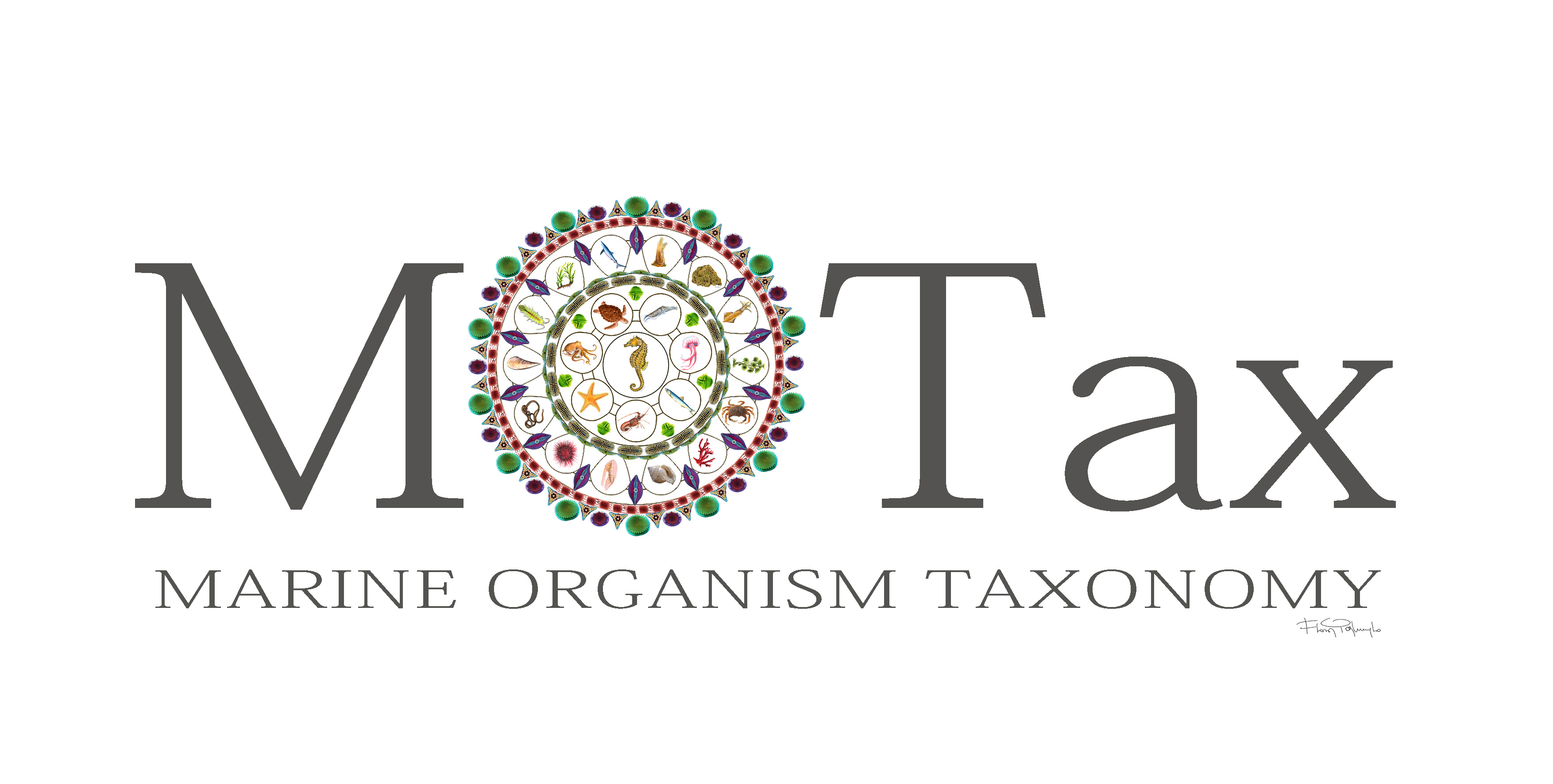 |
 |
TAXONOMY OF DECAPODS
Stazione Zoologica Anton Dohrn Naples
Italy, 13-17 November 2023
The Course is over.
It was a great opportunity for organizers and students to update and discuss the topics of Decapod Taxonomy and Ecology.
Thanks to all!
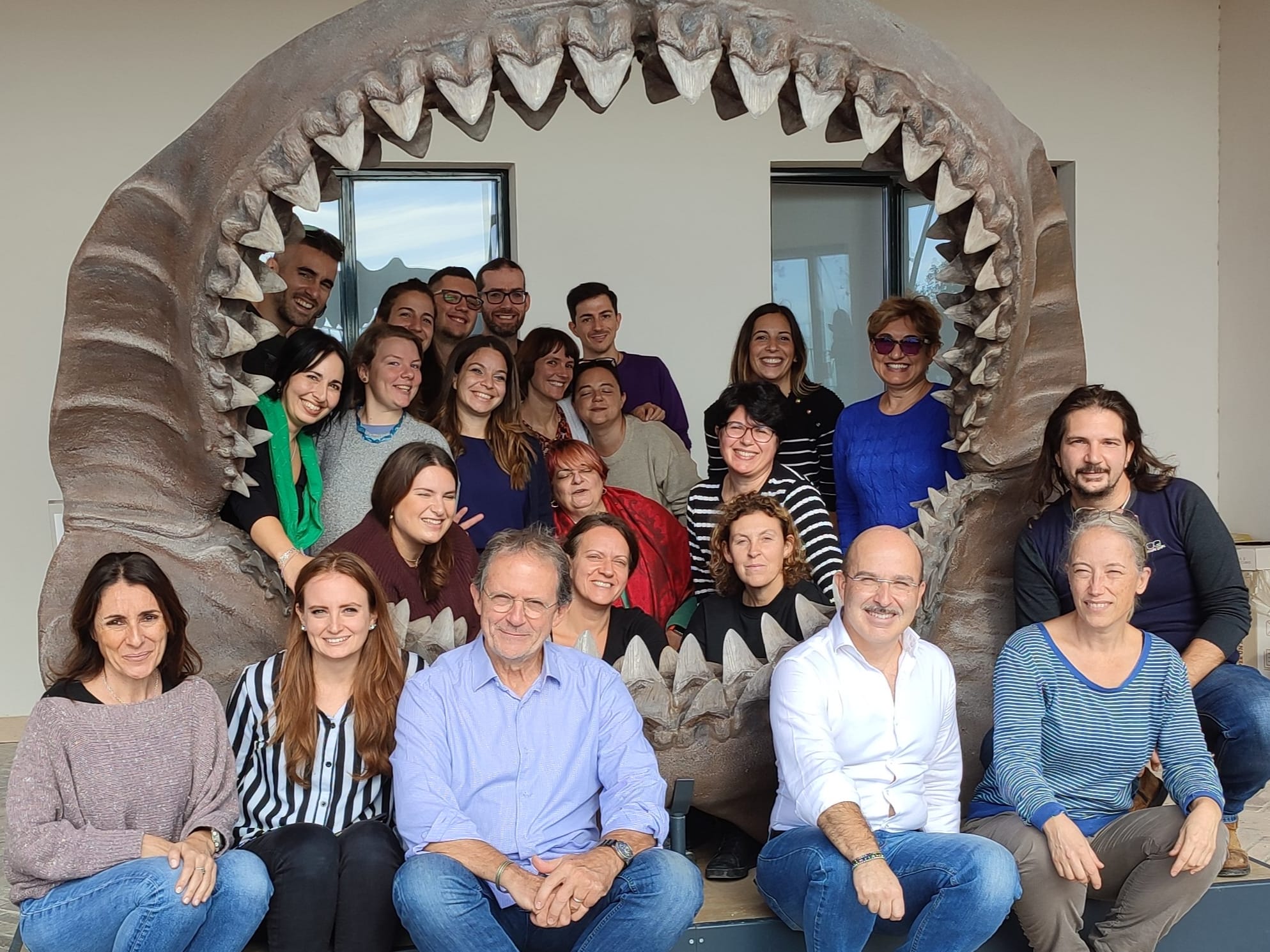
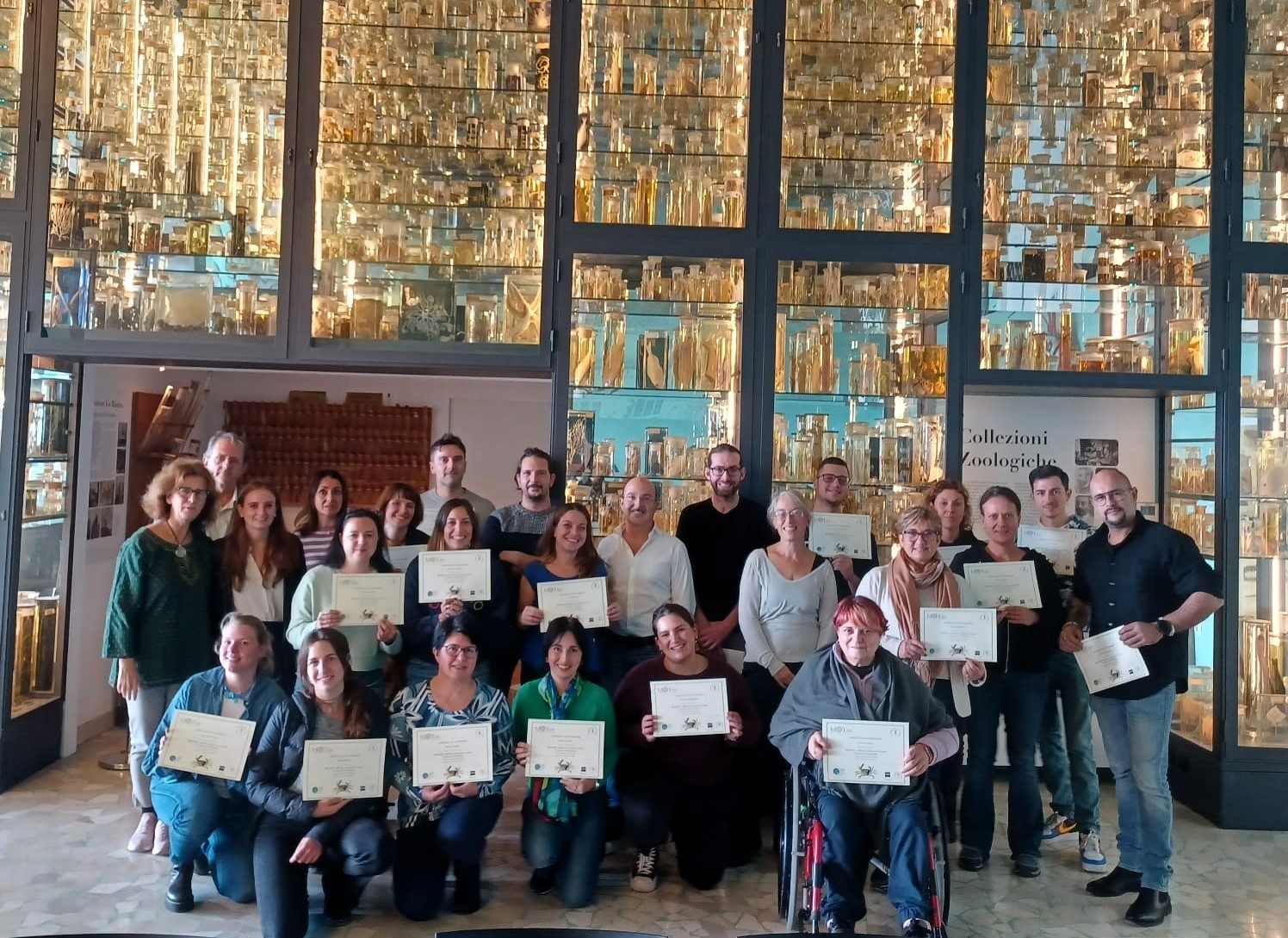
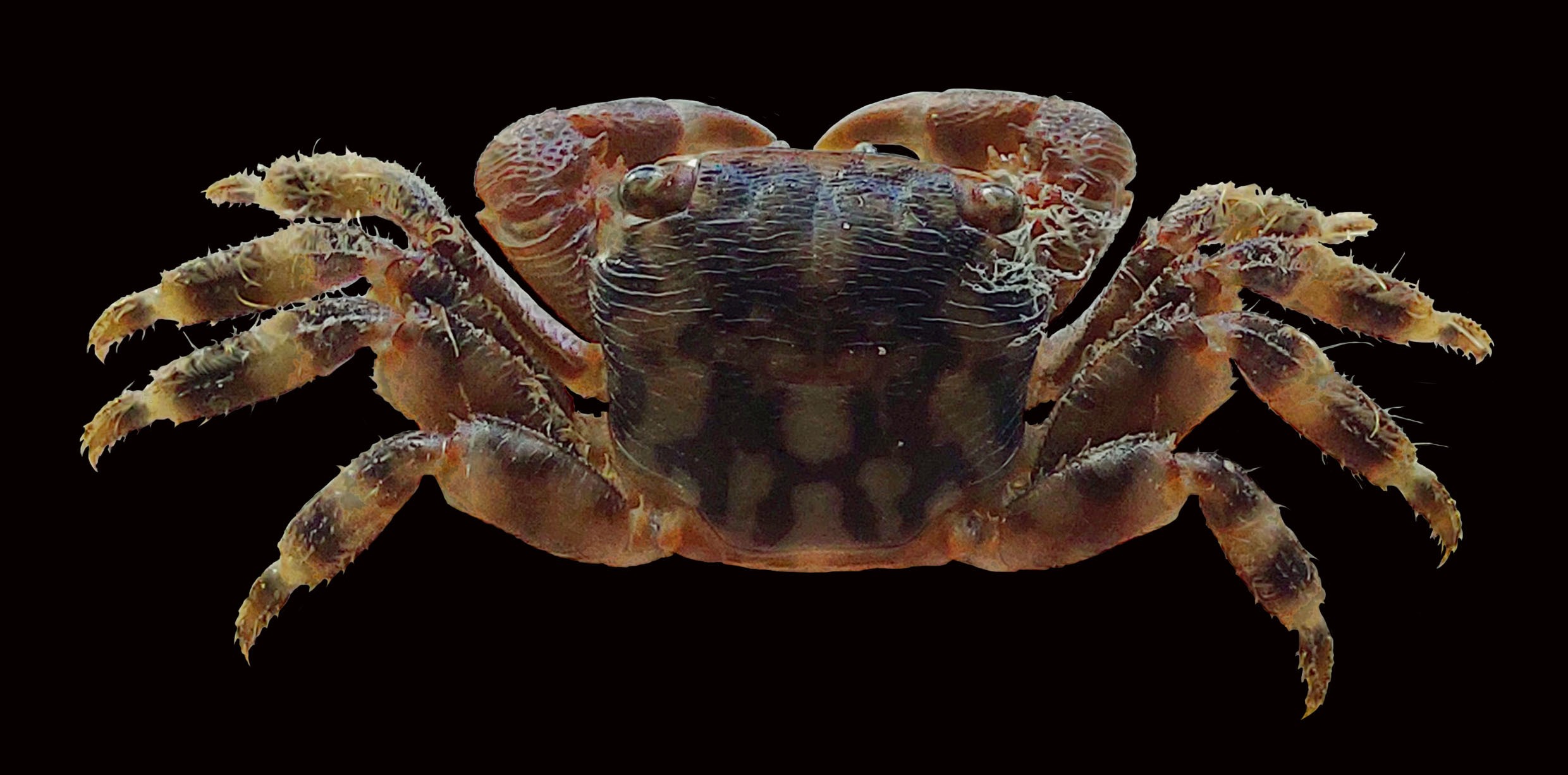 The Marine Organism Taxonomy (MOTax) core facility has launched a series of International Summer Schools (BENTACS - BENthos TAxonomy CourseS) focused on the taxonomy of the main groups of zoo-benthos from soft-bottom communities in the Mediterranean Sea. The courses will target in particular researchers and technicians from scientific institutions and from national/regional environmental agencies interested in the study of benthos biodiversity and ecology. A combination of lectures and microscope sessions will provide participants with a general theoretical framework and practical experience.
The Marine Organism Taxonomy (MOTax) core facility has launched a series of International Summer Schools (BENTACS - BENthos TAxonomy CourseS) focused on the taxonomy of the main groups of zoo-benthos from soft-bottom communities in the Mediterranean Sea. The courses will target in particular researchers and technicians from scientific institutions and from national/regional environmental agencies interested in the study of benthos biodiversity and ecology. A combination of lectures and microscope sessions will provide participants with a general theoretical framework and practical experience.
The 2nd MOTax course will provide an advanced training on the taxonomy and identification of decapod crustaceans. It will be held at the Stazione Zoologica Anton Dohrn in Naples on 13–17 November 2023. The course will be focused on selected families based on their ecological relevance, including species for which the taxonomic identification is particularly challenging.
Participants will be guided by expert taxonomists into the examination of preserved collections from different Mediterranean regions, as well as into the identification of their own samples. The course will offer an opportunity to discuss new challenges and perspectives into the fields of decapods taxonomy and ecology.
Theoretical lessons
- ecological role of decapods
- nomenclature, morphology, and glossary
- diagnostic characters of selected families/species living in the Mediterranean Sea
- molecular tools, species complexes, cryptic diversity, and phylogenies
- molecular and integrative taxonomy in the Mediterranean biota
Practical lessons
- microscope observation of selected families/species living in the Mediterranean Sea
Lecturers
Fabio Crocetta (Stazione Zoologica Anton Dohrn, Italy)
Paolo Fasciglione (Stazione Zoologica Anton Dohrn, Italy)
Sara Fratini (Università degli Studi di Firenze, Italy)
Gianna Innocenti (Università degli Studi di Firenze, Italy)
Carlo Pipitone (Consiglio Nazionale delle Ricerche - IAS, Italy)
Valentina Tanduo (Stazione Zoologica Anton Dohrn, Italy)
The course is open to 20 participants. Preference will be given to applicants with documented experience in taxonomy and identification of decapods.
IMPORTANT INFORMATION
Applications: Deadline date has been postponed - New dealine is 15 September
Participants will be notified by 30 September
Registration and payment are due by 15 October
Fee: 450 euro per person (coffee breaks, lunches, and social dinner included)
ORGANIZERS: Fabio Crocetta, Paolo Fasciglione, Rosanna Guglielmo, Diana Sarno
Info: This email address is being protected from spambots. You need JavaScript enabled to view it.
13/RBC/20 - Monitoraggio Sic in Calabria (MoSic)
 |
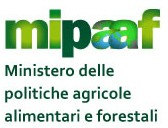 |
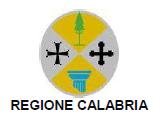 |
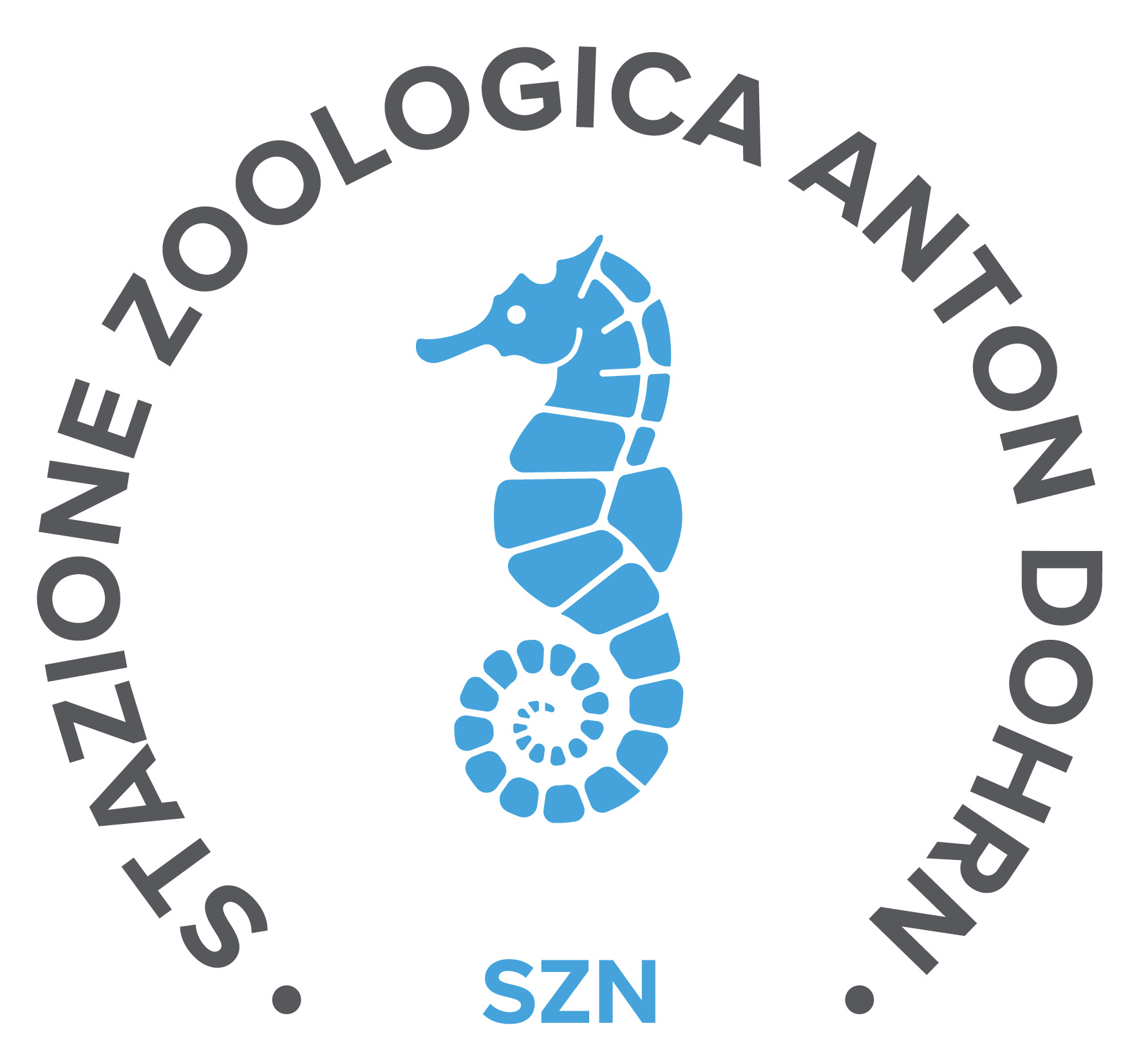 |
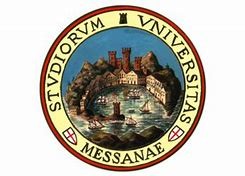 |
 |
 |
Monitoraggio SIC in Calabria”, PO FEAMP Calabria 2014-2020 Misura 1.40, (Protezione e ripristino della biodiversità e degli ecosistemi marini di compensazione nell’ ambito di attività di pesca sostenibili)
OBIETTIVO DEL PROGETTO
L'obiettivo generale del presente progetto è quello di proteggere e ripristinare la biodiversità e gli ecosistemi marini nell’ambito di attività di pesca sostenibili all’interno delle aree Natura 2000 della Regione Calabria.
Nello specifico verrà effettuata la ricognizione, aggiornamento e mappatura della pesca artigianale (aggiornamento flotta, caratteristiche attrezzi, specie target e by catch, dati di catture e sforzo) che opera nei SIC: IT9310053 Secca di Amendolara, IT9320097, IT9350172 Fondali da Punta Pezzo a Capo dell'Armi, IT9350173 Fondali di Scilla, IT9340093 Fondali di Capo Vaticano, IT9340092 Fondali di Pizzo Calabro, IT9340094 Fondali Capo Cozzo - S. Irene, Fondali da Crotone a Le Castella e nell’omonima Area Marina Protetta.
Tale attività sarà utile per l’aggiornamento dei piani di protezione e di gestione dei siti NATURA 2000. Nelle stesse aree sarà valutato lo stato di salute dell’habitat di interesse comunitario Praterie di Posidonie (Posidonion oceanicae) (habitat prioritario, cod. 1120*- Direttiva Habitat).
Un’importante attività di progetto prevede anche la sensibilizzazione degli operatori della pesca su tematiche legate alla tutela e alla conservazione della biodiversità marina (marine litter, best practices), per tale attività verranno coinvolte le principali marinerie della Regione Calabria sia del versante ionico che tirrenico, incluso lo Stretto di Messina.
Fondo
PO FEAMP Calabria 2014-2020 Codice progetto: 13/RBC/20 CUP J12C20003450009
Programma
PO FEAMP Calabria 2014-2020 Misura 1.40 Par. 1 lettera D, E, F, G)
Durata
23/09/2020 - 30/11/2022
Ruolo SZN
Coordinatore
Referente SZN
Silvestro Greco / Pierpaolo Consoli
Partner di Progetto
Università della Calabria, Università di Messina
Members of the Scientific Council 2023
| SZN Scientific Council | |
|
|
Keywords: molluscs, cephalopods, phylogenomics, systematics, deep sea This email address is being protected from spambots. You need JavaScript enabled to view it. |
|
|
Keywords: microbiology, evolution, ecology, environment, phylogenetic analysis, marine ecology, microbial molecular biology, genomics This email address is being protected from spambots. You need JavaScript enabled to view it. |
|
|
Department of Marine and Coastal Sciences, School of Environmental and Biological Sciences, Rutgers, The State University of New Jersey, USA Keywords: origins of life, biogeochemical cycles, photosynthesis, biological oceanography, molecular biology, biochemistry and biophysics, physiological adaptation, plant physiology, evolution, mathematical modeling, symbiosis This email address is being protected from spambots. You need JavaScript enabled to view it. |
|
|
Keywords: marine biology and ecology, marine conservation, marine socio-ecology, marine protected areas This email address is being protected from spambots. You need JavaScript enabled to view it. |
|
|
Institute for Biological Sciences (INSB) at CNRS in Paris Keywords: evolution, epithelia, cell polarity, cell-cell junctions, morphogenesis This email address is being protected from spambots. You need JavaScript enabled to view it. |
|
|
Keywords: marine ecology, community ecology, marine conservation, ocean solutions This email address is being protected from spambots. You need JavaScript enabled to view it. |












